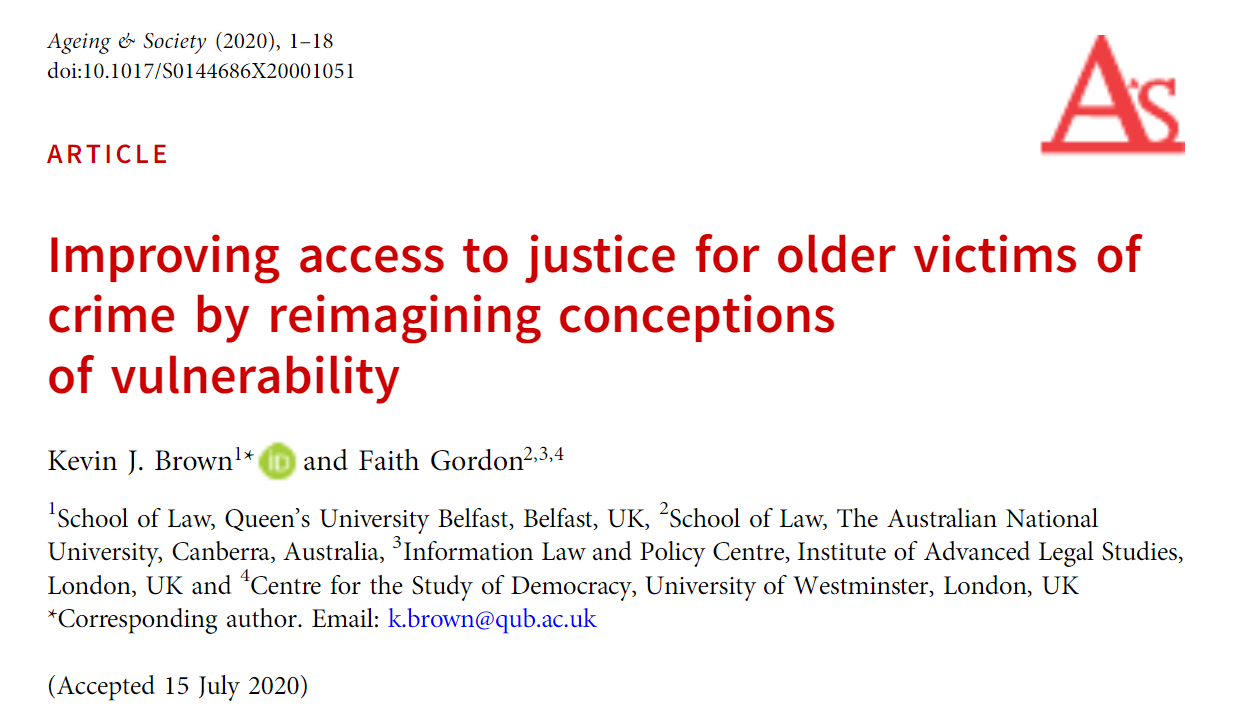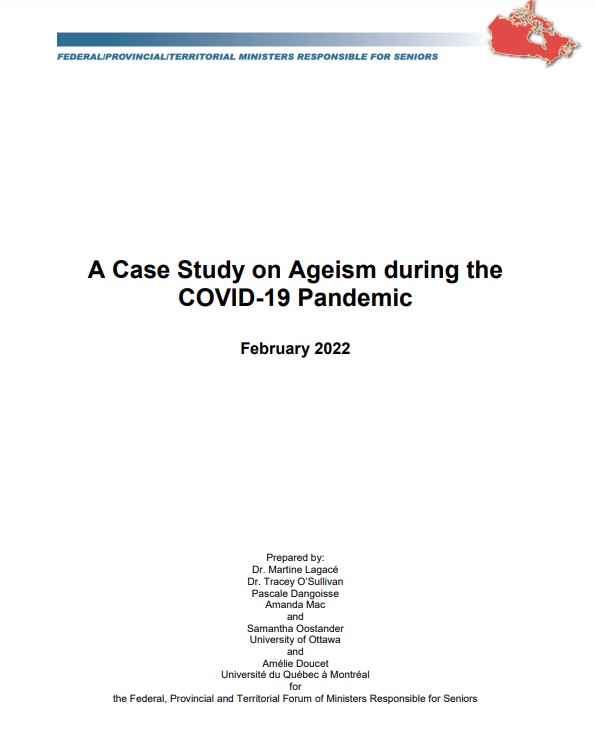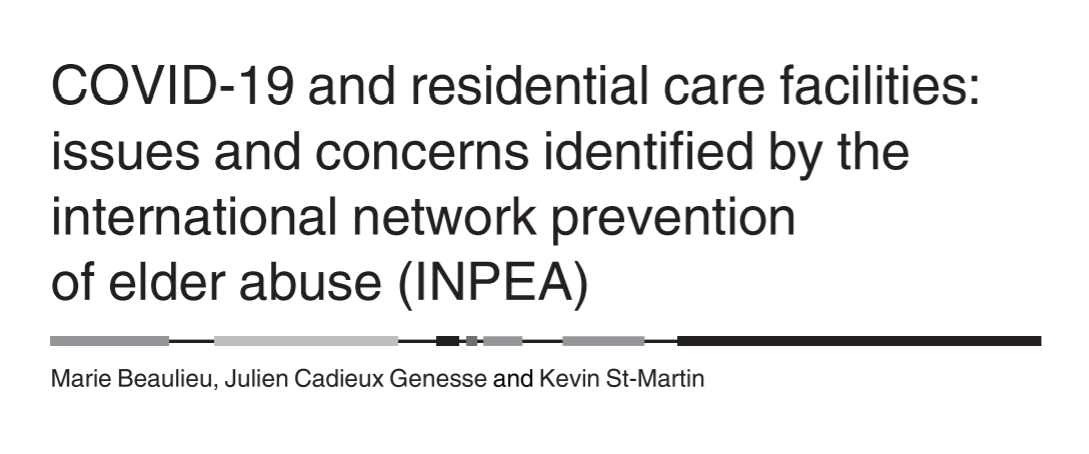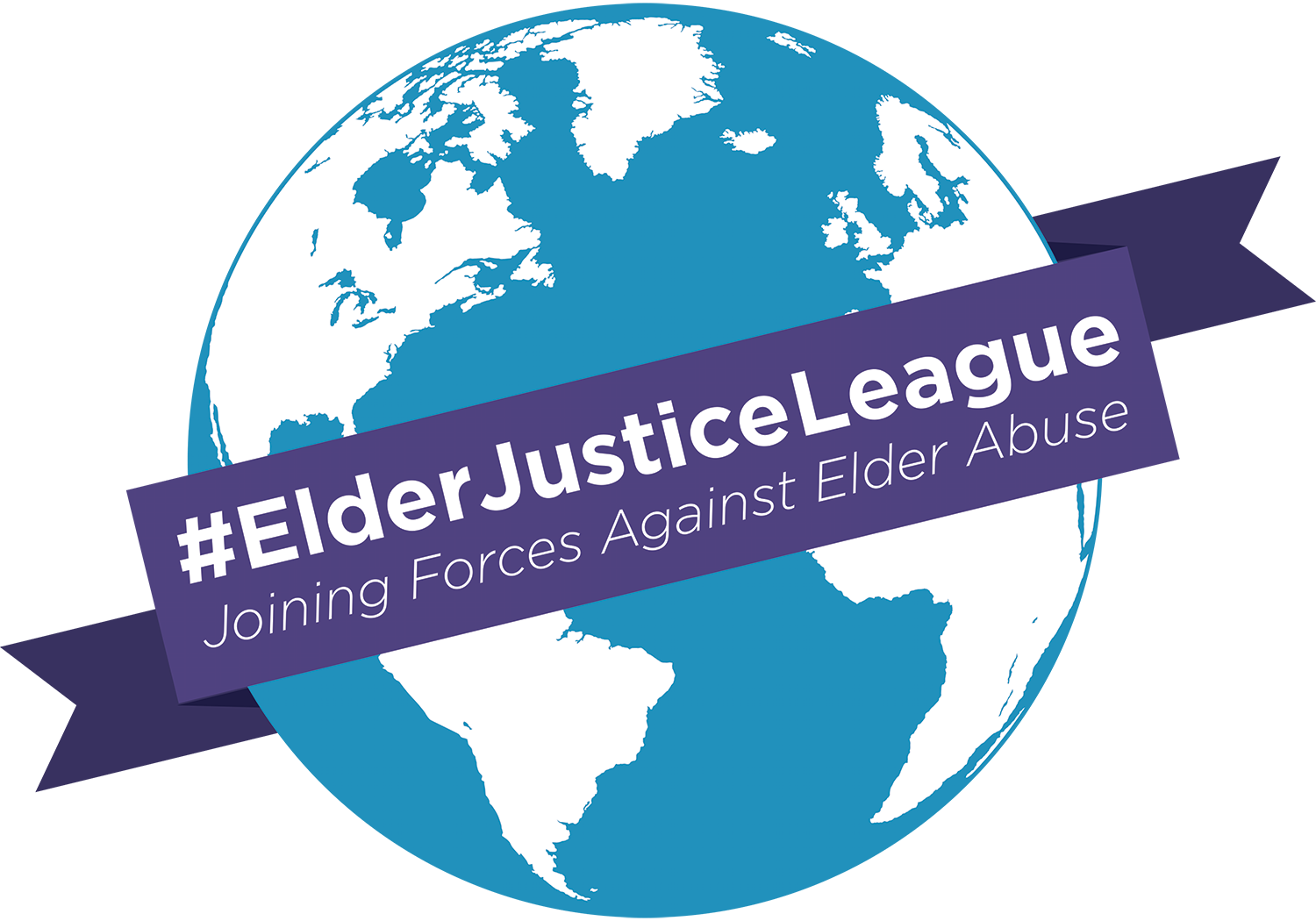Studies
 This book describes and analyzes the lived experience of elder abuse from the queer community. It discusses the experiences by transwomen, gay men and lesbians of financial abuse, physical and sexual abuse, homophobic abuse, and neglect within partner relationships, residential care, in home care, and religious organizations. Queer and trans elders have been described as ‘The Silent Generation’, since they have lived through times when their sexual and gender identities were criminalized and pathologized. The book shows that they are far more at risk to suffer abuse and neglect by those they should be able to trust, since they are more likely to have encountered all key risk factors, such as isolation, previous abuse and trauma, and mistrust of the health care system. Their vulnerability has been overlooked and this book addresses that gap. As such, this book provides a great resource to anyone working with elders, including medical professionals, care providers, police, counsellors, and policy makers:
This book describes and analyzes the lived experience of elder abuse from the queer community. It discusses the experiences by transwomen, gay men and lesbians of financial abuse, physical and sexual abuse, homophobic abuse, and neglect within partner relationships, residential care, in home care, and religious organizations. Queer and trans elders have been described as ‘The Silent Generation’, since they have lived through times when their sexual and gender identities were criminalized and pathologized. The book shows that they are far more at risk to suffer abuse and neglect by those they should be able to trust, since they are more likely to have encountered all key risk factors, such as isolation, previous abuse and trauma, and mistrust of the health care system. Their vulnerability has been overlooked and this book addresses that gap. As such, this book provides a great resource to anyone working with elders, including medical professionals, care providers, police, counsellors, and policy makers:
- Raises awareness of the invisible problem of elder abuse in the LGBTQ2SA+ community
- Expands and complicates our theorizing of elder abuse and encourages further research
- Offers support to other survivors and encouragement for them to share their stories
Authors: Claire Robson, Jen Marchbank, Gloria Gutman, Makaela Prentice
Click on book cover for more information
Edition No: 1
2023 . XVII, 167 p. 2 illus.
Series
International Perspectives on Aging
Hard cover
ISBN 978-3-031-33316-3
A new study by Burnes and colleagues published in Nature Aging, based on data from the Canadian Longitudinal Study on Aging, uses a national, longitudinal, population-based design to advance our understanding of elder mistreatment risk and protective factors beyond the existing cross-sectional research on the topic. The study found that:
- One in ten older adults across Canada experience some form of elder mistreatment each year.
- Older adults who experienced higher levels of childhood maltreatment were more likely to experience elder mistreatment in later life.
- Older adults with greater vulnerability related to physical, cognitive and mental health status and shared living were at higher risk of elder mistreatment.
- Higher levels of social support were protective against elder mistreatment.
- Older adults identifying as Black or reporting financial need were at heightened risk of elder mistreatment.
This longitudinal, population-based study strengthens our understanding of elder mistreatment risk and protective factors across several domains and informs the development of prevention strategies. Access the abstract and article here. (a subscription to Nature Aging or an institution login is required to read the article in full).
- Canadian older adults were particularly impacted by the COVID-19 pandemic, with over 80% of the COVID-19 related deaths during the first wave occurring in long-term care homes. The situation generated substantial media coverage, as well as government communications and academic research
- Understanding how older adults and the aging process were framed during this health crisis is important because the public discourse can have a significant influence on an individual’s personal experience of aging and relationships with older adults. Previous studies have shown that ageist stereotypes and attitudes are often conveyed through public discourse
- The current study aims to understand how older adults and the process of aging were depicted by the Canadian media, academics, older adults (associations of older adults), as well as government representatives themselves through the first and second waves of the COVID-19 pandemic
- There are 2 main questions that guided this work:
- how did ageism emerge as an issue during the COVID-19 pandemic in the media, research, among older adults, associations of older adults and Federal, Provincial and Territorial (FPT) governments’ communications?
- how did the media, researchers, older adults, associations of older adults, and FPT governments contribute to, or address ageist attitudes, behaviours or discourse?
- To answer these questions, researchers conducted a content analysis of Canadian public documents related to COVID-19 and older adults, published from April to December 2020. These public documents included opinion-editorials (authored by journalists or older adults or associations of older adults), academic articles, and government communications (press briefings and communications generated by Federal, Provincial and Territorial ministries and departments)
Source: Federal/Provincial/Territorial Ministers Responsible for Seniors Forum
Abstract: The Covid-19 pandemic has affected the physical, psychological, social and financial health of older persons. On this subject, the United Nations published a policy brief on the impact of Covid-19 on older persons in May 2020. In line with this, the purpose of this general review is to address three issues affecting older persons living in residential care facilities. Protective measures implemented to block the virus' entry, the type of mistreatment most frequently experienced and the necessity to promote and defend the rights of these persons.
Authors: Marie Beaulieu, Julien Cadieux Genesse and Kevin St-Martin
Published by Emerald Publishing Ltd. This article is published under the Creative Commons attribution (CC BY 4.0) license. Anyone may reproduce, distribute, translate and create derivative works of this article (for both commercial and non commercial purposes), subject to full attribution to the original publication and authors.
 Abstract
Abstract
This article investigates the implications of recent research findings that establish that older victims of crime are less likely to obtain procedural justice than other age groups. It explores original empirical data from the United Kingdom that finds evidence of a systemic failure amongst agencies to identify vulnerability in the older population and to put in place appropriate support mechanisms to allow older victims to participate fully in the justice system. The article discusses how the legally defined gateways to additional support, which are currently relied upon by many common law jurisdictions, disadvantage older victims and require reimagining. It argues that international protocols, especially the current European Union Directive on victims’ rights, are valuable guides in this process of re-conceptualisation. To reduce further the inequitable treatment of older victims, the article advocates for jurisdictions to introduce a presumption in favour of special assistance for older people participating in the justice system.
Source: Brown, K., & Gordon, F. (2020). Improving access to justice for older victims of crime by reimagining conceptions of vulnerability. Ageing and Society, 1-18. doi:10.1017/S0144686X20001051
Page 1 of 7





















